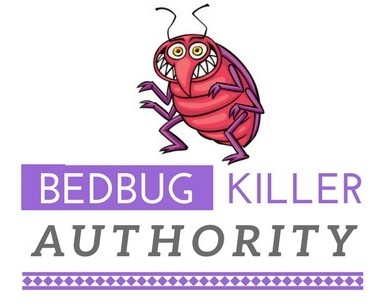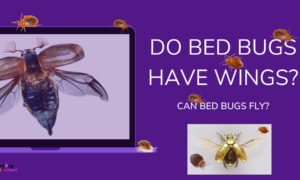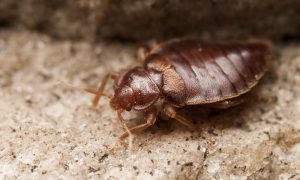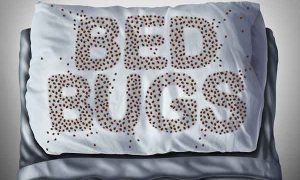Bed Bug Battle
In the ongoing battle between bedbugs and the humans whose blood they suck, it seems the bugs may be winning – at least in some parts of the country.
New research conducted on bedbugs from homes in Cincinnati, Ohio, Jersey City, New Jersey, and Troy, Michigan, shows the pesky little bloodsuckers have become resistant to the insecticides commonly used to kill them.
While we all want a powerful tool to fight bed bug infestations, what we are using as a chemical intervention is not working as effectively as it was designed to, are the words of entomologists.
More research is needed to determine whether bedbugs in other parts of the country have become resistant to the insecticides, a family of compounds known as neonicotinoids, or neonics. But that disturbing possibility might help explain the results of a recent online survey by the National Pest Management Association and the University of Kentucky, which showed that 64 percent of pest management professionals think bedbug infestations are on the rise.
Bedbugs are found everywhere that there are people. That includes not just apartments and single-family homes, but also hotels and motels, college dorms, stores, movie theaters, libraries, nursing homes, office buildings, daycare centers and even public transportation.
Bed bugs don’t cause illness, but their bites can cause ugly welts and intense itching. But, just the thought of having them can give anybody a bad night’s sleep.
For the study, which was published online in the Journal of Medical Entomology, entomologist compared the effectiveness of neonics on bed bugs collected from homes to a control group of bugs from a colony in an isolated lab that had never been exposed to neonics.
The researchers found that the level of insecticide required to kill the bugs from the homes was hundreds to tens of thousands of times higher than the level required to kill bugs from the control group.
How did these bugs become so hardy?
Organisms have the ability to overcome the effect of insecticides/antibiotics by developing molecular and biochemical mechanisms that render the compounds less effective. In other words they become immune to the pesticide that you are using to get rid of them.
As for what can be done to curb infestations of insecticide-tolerant bed bugs, I recommended alternative removal methods, including traps, heat treatments and vacuuming. And the rest of us that don’t have an infestation, we need to learn how to keep from getting and transporting bed bugs.
Thanks For Reading,







